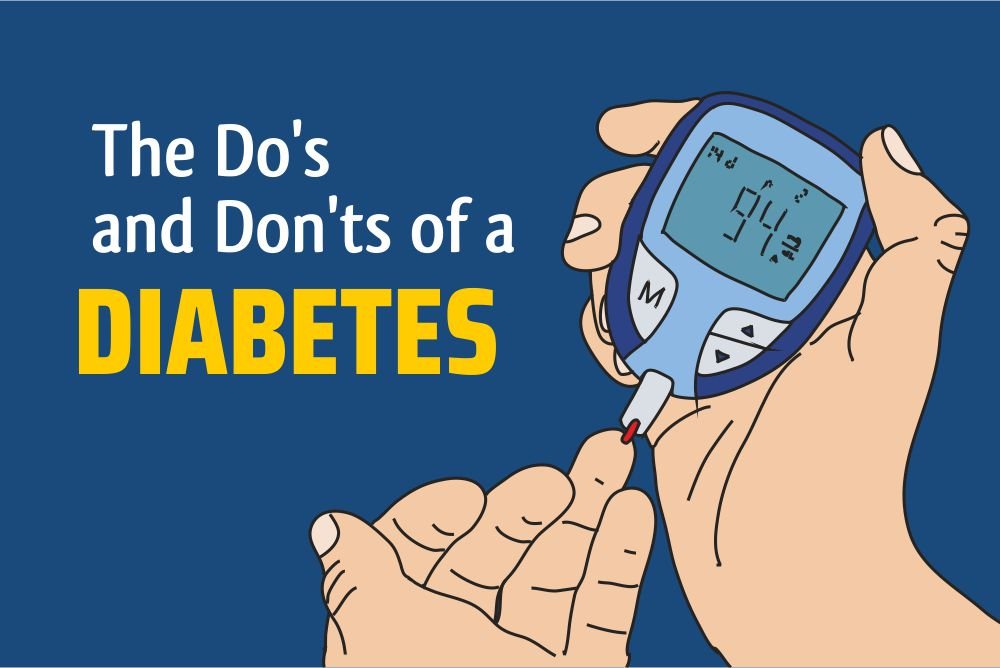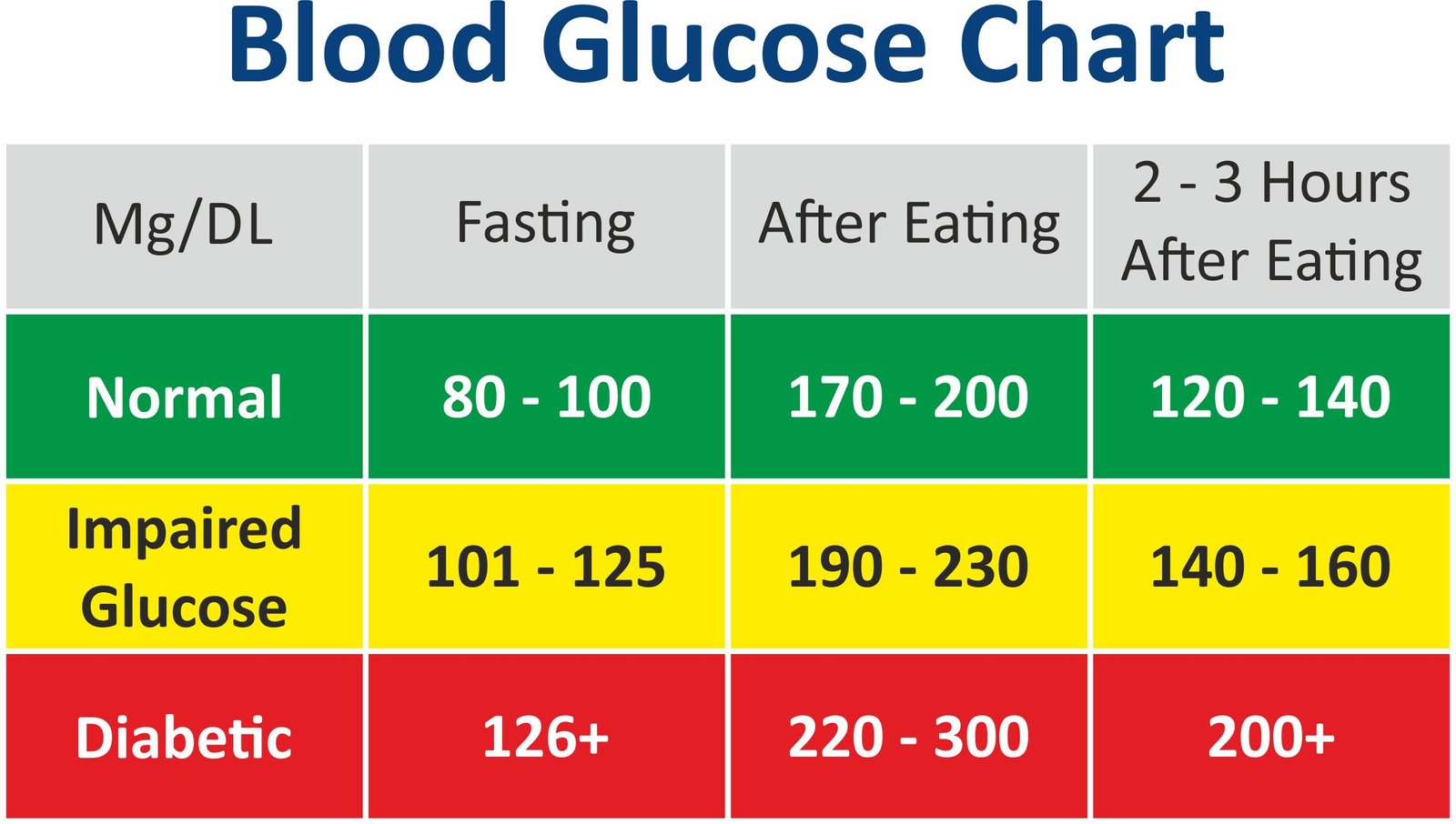
Diet for Diabetic Patient Chart
Diet for Diabetic Patient Chart: A Comprehensive Guide from MV Diabetes Hospital
Managing diabetes effectively involves more than just medication; a balanced diet plays a crucial role. At MV Diabetes Hospital in Chennai, our specialists have developed an advanced diet chart for diabetes Indian patients. This comprehensive guide will help you understand the importance of diet in diabetes management and how to create a personalized diabetes diet plan tailored to the Indian audience.
Understanding Diabetes and Diet
What is Diabetes?
Diabetes is a chronic condition characterized by high blood sugar levels. It occurs when the body either cannot produce enough insulin or cannot effectively use the insulin it produces. Managing diabetes requires a multi-faceted approach, including medication, regular exercise, and a proper diet.
The Role of Diet in Diabetes Management
Diet is a critical component of diabetes management. A well-planned diet helps control blood sugar levels, manage weight, and reduce the risk of diabetes-related complications. By eating the right foods in the right amounts, diabetic patients can maintain stable blood sugar levels and improve their overall health.
Key Components of a Diabetic Diet
Balanced Macronutrients
A diabetic diet should include a balance of carbohydrates, proteins, and fats. Each macronutrient plays a specific role in managing blood sugar levels:
Carbohydrates: Choose complex carbohydrates like whole grains, legumes, fruits, and vegetables that have a low glycemic index.
Proteins: Incorporate lean proteins such as lentils, chickpeas, paneer, fish, and chicken.
Fats: Opt for healthy fats found in nuts, seeds, avocados, and oils like mustard, olive, and coconut oil.
Fiber-Rich Foods
Fiber slows down the absorption of sugar, helping to regulate blood sugar levels. Include plenty of fiber-rich foods such as vegetables, fruits, whole grains, and legumes in your diet.
Controlled Portion Sizes
Monitoring portion sizes is essential to prevent spikes in blood sugar levels. Using a diet chart can help you keep track of your food intake and ensure you're eating the right amounts.
Creating a Personalized Diet Chart
At MV Diabetes Hospital, our dietitians work closely with patients to develop personalized diet charts for diabetes in India. We focus on creating a balanced and nutritious diet list for diabetic patients to help them maintain stable blood sugar levels.
Here is a sample diet chart tailored specifically for diabetic patients in the Indian audience, including the best food for diabetic patients to support their health and well-being.
| Time | Meal |
|---|---|
| Early Morning |
|
| Breakfast |
|
| Mid-Morning Snack |
|
| Lunch |
|
| Afternoon Snack |
|
| Evening Snack |
|
| Dinner |
|
| Late Evening |
|
Importance of Hydration
Staying hydrated is crucial for managing diabetes. Water helps regulate blood sugar levels and supports overall health. Aim to drink at least 8 glasses of water a day. Avoid sugary drinks and limit the intake of caffeine and alcohol.
Latest Developments in Diabetes Care
At MV Diabetes Hospital, we incorporate the latest advancements in diabetes care into our dietary plans. Some recent developments include:
Continuous Glucose Monitoring (CGM)
CGM devices provide real-time insights into blood sugar levels, helping patients make informed dietary choices. Our dietitians use CGM data to tailor diet plans that optimize blood sugar control.
Personalized Nutrition Plans
Using advanced algorithms and AI, we create personalized nutrition plans that consider individual metabolic responses to different foods. This approach ensures that each patient receives a diet plan that is most effective for their specific needs.
Telehealth and Remote Monitoring
Our telehealth services allow patients to consult with dietitians remotely, ensuring continuous support and guidance. Remote monitoring tools help track dietary adherence and blood sugar levels, allowing for timely adjustments to diet plans.
Patient Education and Support
Education and support are integral parts of our approach at MV Diabetes Hospital. We provide patients with resources and tools to manage their diet effectively:
Workshops and Seminars
Regular workshops and seminars educate patients on the importance of diet in diabetes management. These events cover topics such as meal planning, healthy cooking, and reading food labels.
Support Groups
Support groups provide a platform for patients to share experiences, challenges, and tips for managing diabetes. These groups offer emotional support and motivation to adhere to dietary plans.
Online Resources
Our website features a range of online resources, including recipes, meal planning tools, and educational articles on diabetes management. Patients can access these resources anytime for guidance and inspiration.
Success Stories and Testimonials
Patient Experiences
The success of our dietary approach is reflected in numerous positive patient experiences. Testimonials highlight the effectiveness of personalized diet plans, the expertise of our dietitians, and the significant improvements in health and quality of life achieved through our dietary programs.
Impact of Personalized Diet Plan
Personalized diet plans have a profound impact on patient outcomes. Tailored dietary strategies ensure that each individual receives care that is most appropriate for their unique circumstances, leading to better management of diabetes and overall health.
FAQs
Diabetic patients should avoid high-sugar foods, refined carbohydrates, sugary drinks, and trans fats. It’s also important to limit the intake of processed foods and high-sodium items.
While diet plays a crucial role in managing diabetes, it is usually combined with medication, regular exercise, and other lifestyle modifications for optimal control.
Diabetic patients should aim to eat small, balanced meals every 3-4 hours to maintain stable blood sugar levels throughout the day.
The glycemic index (GI) measures how quickly a food raises blood sugar levels. Foods with a low GI cause a slower, more gradual rise in blood sugar, making them better choices for diabetic patients.
Staying motivated can be challenging, but setting realistic goals, tracking progress, seeking support from healthcare providers and support groups, and celebrating small victories can help maintain motivation.
At MV Diabetes Hospital in Chennai, we understand the critical role of diet in managing diabetes. Our specialized diet charts and personalized nutrition plans are designed to help diabetic patients achieve optimal blood sugar control and improve their overall health. By incorporating the latest developments in diabetes care, we provide our patients with the tools and support they need to lead healthier, happier lives.

The Do’s and Don’ts of Diabetes Simple Steps for Everyday Care
Introduction:
Hello, friends and families! Navigating through diabetes often feels akin to deciphering a recipe with ingredients that alter daily. But don't worry, it’s not as daunting as it sounds. Here at MV Diabetes, we're serving up a simple guide of dos and don’ts to help you make the best choices for your health. Whether you’re a busy parent, a passionate home cook, or someone who just enjoys a leisurely walk in the park, these tips are for you.
Understanding the Basics:
Before we jump into our list, remember, the main goal in managing diabetes is balancing your blood sugar levels. Think of it like keeping your plants watered – not too much and not too little. And the foundation of this balance? A mix of healthy eating, staying active, and taking your medications as prescribed.
The Do's: A Recipe for Success
Balance Your Plate: Your diet should be as unique as you are. Calories should help you maintain a healthy body weight – not too heavy and not too light.
Choose Your Foods Wisely: Opt for fibrous whole grains, pulses, and a rainbow of vegetables. Enjoy fruits like oranges, papaya, and guava, while keeping the sweeter fruits as occasional treats.
Cook with Care: Pick oils with less saturated fat, like mustard or groundnut oil, and remember, olive oil is great for those fresh salads.
Meal Rhythm: Eating smaller meals throughout the day can help keep your blood sugar steady. Imagine it as eating to the beat of a drum – regular and rhythmic.
Smart Shopping: When buying food, look for items low in fat, salt, and sugars. It’s like choosing the best ingredients for your family's favorite meal.
Stay Hydrated and Chew Well: Drink water and take your time with your food – savor each bite!
The Don’ts: Habits to Avoid
Don’t Skip Meals: If you’re taking medications or insulin, missing a meal can drop your blood sugar too low, like a power outage that leaves you in the dark.
Say No to the Wrong Foods: Steer clear of white bread, chips, pastries, and other processed foods that can spike your blood sugar.
Limit the Fats and Fries: Cut back on fatty, fried foods and full-fat dairy products. Think of it like cutting down on extra baggage to keep your body light and agile.
Avoid Eating with Distractions: Don’t eat in front of the TV. It’s easy to overeat when you’re not paying attention, like accidentally pouring too much water into that plant pot.
Taking Your Next Steps with MV Diabetes
Following these dos and don’ts is a solid start, but if you’re ready to take control of your diabetes management, consider booking an appointment with MV Diabetes. Our team of experts is here to tailor your diabetes care plan to fit your life perfectly – like a custom-made outfit.
Conclusion:
Managing diabetes doesn't have to be complicated. With these easy dos and don’ts, you can start making positive changes today. And remember, at MV Diabetes, we’re here to help you every step of the way – from choosing the right foods to finding the perfect pair of shoes.
Ready to step up your diabetes management game? Book your Appointment with MV Diabetes. Together, we’ll craft a care plan that’s as comfortable and effective as your favorite apron – something you can rely on every day. Let’s make every step towards managing diabetes a step towards a happier, healthier you!

Understanding Normal Blood Sugar Levels A Clear Guide from MV Diabetes
Introduction:
Navigating blood sugar levels can be like finding your way through a maze – complex and sometimes confusing. But fear not! Here at MV Diabetes, we’re dedicated to clarifying the essentials, providing you with a map to understand normal blood sugar levels, so you can journey through life with better health and more confidence.
Decoding Blood Sugar: The Basics
Blood sugar, or glucose, is the main sugar found in your blood. It comes from the food you eat, and it's your body's primary source of energy. Maintaining normal blood sugar levels is critical to your overall health, especially for those managing diabetes. But what exactly are these levels?
What Are Normal Blood Sugar Levels?
The term "normal" can vary from person to person, but here's what’s generally accepted
The Significance of Normal Blood Sugar Values
Why should we keep our blood sugar within these normal ranges? Because it's key to keeping our bodies running efficiently. Abnormal levels can be a sign of health issues that require attention.
Monitoring Your Levels: How and Why
Regular monitoring of your blood sugar is like checking the weather before heading out. It helps you prepare and adjust to maintain your best health. At MV Diabetes, we provide the tools and guidance to monitor your blood sugar effectively.
When Normal Isn't Your Normal
It's important to remember that what's normal for the general population may not be your "normal." Factors like age, weight, and overall health can influence your target blood sugar levels. That's why we at MV Diabetes offer personalized care plans to fit your unique needs.
Keeping Normal Blood Sugar Values in Check
Here's how you can maintain normal glucose levels:
Eat Balanced Meals: Incorporate a variety of nutrients in your meals to keep blood sugar levels normal.
Stay Active: Regular physical activity helps maintain normal blood sugar values by increasing insulin sensitivity.
Regular Check-Ups: Regular visits to your healthcare provider can help track your blood sugar values and adjust your care plan as needed.

Conclusion:
Knowing and maintaining normal blood sugar sugar levels is a cornerstone of good health. At MV Diabetes, we're not just committed to excellent care; we're passionate about educating our community. Understanding normal blood sugar values is vital, and we're here to guide you every step of the way.
If you have questions about your blood sugar levels or how to manage them, reach out to us. MV Diabetes is dedicated to helping you achieve and maintain your health goals with the expertise you can trust.
Curious about your blood sugar level? Schedule a consultation with MV Diabetes today, and let's work together to keep your glucose levels in check for a healthier, happier you. Click here to book your appointment. Let's take this step towards optimal health together!

Posted on:
A Simple Guide to Diabetes, From Basics to Best Care
Introduction:
Welcome to the world of understanding diabetes, a condition that touches the lives of many. Whether you're a curious common man, someone looking for quality care options, or just health-conscious, this post is for you. Join us as we unravel diabetes in our way!
What is Diabetes?
Imagine your body as a high-tech car: for it to run smoothly, it needs fuel. In our bodies, that fuel is glucose (a type of sugar). Insulin, a hormone produced by the pancreas, acts like a key that lets glucose enter our body’s cells to be used for energy. Diabetes occurs when there’s a problem with this key, leaving too much glucose in the bloodstream.
Types of Diabetes and Symptoms
Type 1 Diabetes: Your body stops making insulin keys. It's not common and mostly starts when you're young.
Type 2 Diabetes: Your body can't use the insulin keys well. It's more common and can develop at any age, even during childhood.
Gestational Diabetes: This type happens in pregnancy and usually goes away after the baby is born.
No matter the type, the signs are similar: feeling very thirsty, going to the bathroom a lot, feeling very hungry or tired, and losing weight without trying.
The Best Care in Chennai
For those whispering "Is there a diabetes clinic near me?" or "Where's the best diabetes hospital in Chennai?" - look no further. MV Diabetes offers top-notch care that's recognized across India. Here, you’ll find the best doctors and the latest treatments, including online consultations for those on the go.
Special Considerations for Diabetes
Diabetes and Feet: People with diabetes need to take extra care of their feet. Even a small cut can lead to serious issues.
Footwear for Diabetes: Special footwear is available to protect your feet and provide comfort without compromising on style.
Pregnancy and Diabetes: Expecting mothers can rely on MV Diabetes for glucose blood tests and management strategies to keep both mom and baby healthy.
Maintaining Normal Blood Sugar Levels
Keeping your blood sugar in check is vital. For adults, a normal blood sugar level is less than 100 mg/dL after not eating for 8 hours. And after meals, less than 140 mg/dL. At MV Diabetes, you can get your blood sugar levels tested with ease and learn how to maintain them.
How MV Diabetes Stands Out
MV Diabetes is not just a clinic; it's a beacon of hope for those seeking the best diabetes hospital in Chennai and India. With a compassionate team led by stellar doctors, every patient receives personalized care, whether it's in-person or through our innovative diabetes treatment online services.
Conclusion:
Understanding diabetes doesn't have to be complicated. At MV Diabetes, we’re dedicated to making sure you get the care and knowledge you need in a way that's as easy to understand as A-B-C. And remember, the right footwear for diabetes, the right care for your feet, and the right team by your side can make all the difference.
If you or a loved one needs guidance on managing diabetes or you're searching for 'the best diabetes hospital near me,' it's time to book an appointment with MV Diabetes.
Ready to take the next step in your diabetes care? Reach out to MV Diabetes for a world-class experience in managing this journey. Because here, you're not just a patient; you're family. Click here to book your appointment today and walk with confidence into a healthier tomorrow!

Pregnancy and Diabetes What You Need to Know?
Expecting a baby is a beautiful journey, but it also comes with unique health considerations. One of these is pregnancy diabetes mellitus (PDM), also known as gestational diabetes. This article empowers you with information about PDM, glucose testing, and how to manage your blood sugar for a healthy pregnancy.
Understanding PDM:
- What is it? PDM develops during pregnancy and usually resolves afterwards. It occurs when your body struggles to handle increased blood sugar levels.
- Causes and risk factors: Learn about the factors that increase your risk of PDM, such as family history, weight, and age.
- Symptoms: While many women experience no symptoms, some may have increased thirst, fatigue, or frequent urination.
The Power of Glucose Testing:
- Why is it important? Glucose tests monitor your blood sugar levels, ensuring they stay within a healthy range for you and your baby.
- Types of tests: Understand the different glucose tests, including the fasting blood sugar (FBS) test and the oral glucose tolerance test (OGTT).
- Preparing for your test: This section eases your concerns by explaining what to expect before, during, and after the test.
Keeping Blood Sugar Levels in Check:
- What are normal levels? Know the target range for blood sugar during pregnancy.
- Dietary adjustments: Discover delicious and nutritious foods that help manage blood sugar, along with foods to limit.
- Physical activity: Learn about safe and effective exercises to manage blood sugar during pregnancy.
- Managing high blood sugar: Explore options like medication alongside lifestyle changes.
Monitoring and Control:
- Self-monitoring tools: Understand available tools like glucometers to track your blood sugar levels at home.
- Importance of medical monitoring: Regular doctor visits and additional tests ensure optimal control.
Potential Complications:
- Risks of uncontrolled blood sugar: Learn about the potential risks for both mother and baby if blood sugar goes unmanaged.
- Prevention through early detection and management: This section emphasizes the importance of control to minimize risks.
Taking Charge of Your Health:
- Dietary tips and recipes: Find delicious and healthy meal plans specifically for managing PDM.
- Exercise routines: Discover safe and effective exercise routines tailored for pregnancy.
- Emotional well-being: Learn strategies to manage stress and anxiety, which can impact blood sugar levels.



